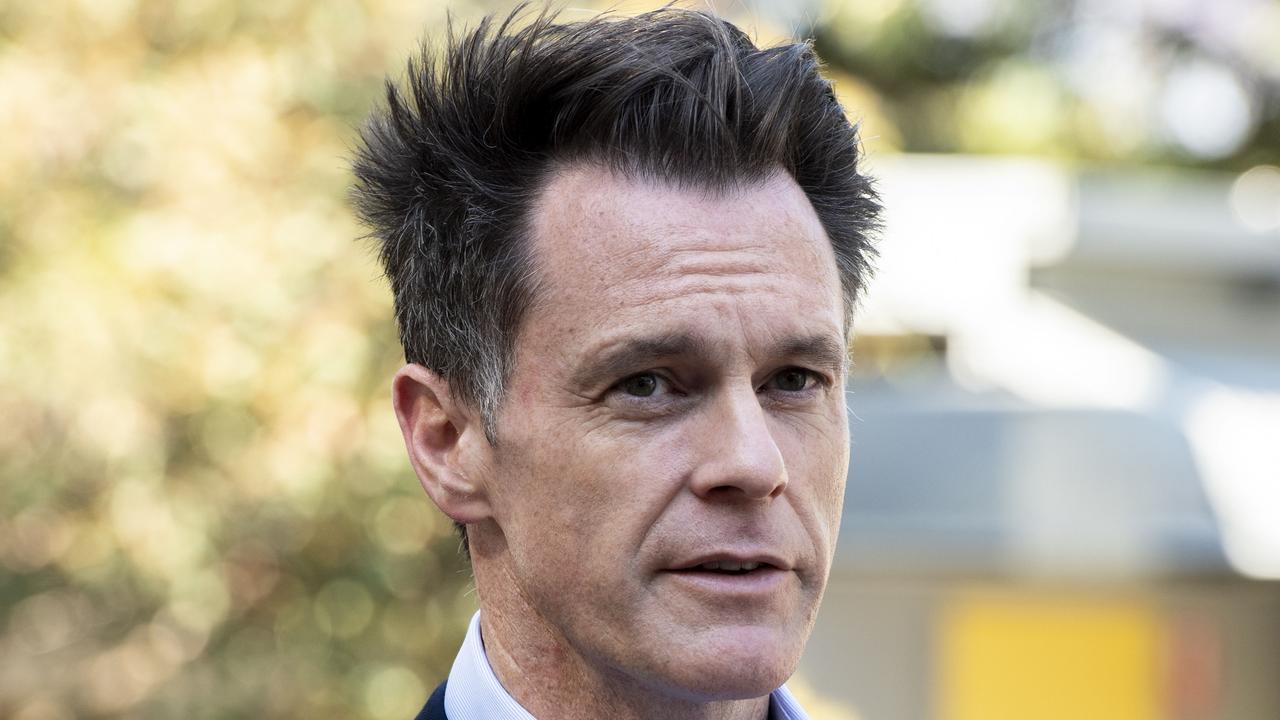NSW Premier Chris Minns has left the door open to legislating an Indigenous Voice to NSW parliament despite Labor supporters across the state rejecting the Voice with a majority “no” vote.
He vowed on Monday to press ahead with a treaty consultation process, which could end up calling for a state-based Voice, according to the Daily Telegraph.
He committed $5 million to 12 months of consultations in last month’s budget.
Mr Minns said the “no” vote will be “part of this (Treaty) discussion,” while declaring he would “respect the decision” of NSW voters.
He said pursuing a treaty “was a commitment and of course we’ll stick with it”.
“As difficult and as long as that discussion will be, it is not tolerable that (the process) has not begun in NSW,” he said.
Mr Minns acknowledged that a NSW treaty would require signed agreements with “150 different nations”.
“It’s going to be complex and difficult,” he said.
Other states and territories have already begun their own treaty process.
SA Premier Peter Malinauskas has already legislated a state-based implementation of the Uluru Statement from the Heart – Voice, Treaty and Truth.
But the resounding vote against the proposal – including in South Australia – has sparked calls to repeal the legislation.
“South Australians have voted clearly against a Voice to Parliament and it’s now up to Peter Malinauskas to explain where to from here,” SA Opposition Leader David Speirs said.
The SA Voice will not have any powers to veto legislation or stop Parliament undertaking its duties and functions.
But it can engage with the South Australian Government, including Cabinet, Cabinet Ministers, and Chief Executives of government departments.
And it will meet with the SA Cabinet at least twice per year.
So advanced is the introduction of the Voice in South Australia that the inaugural First Nations Voice election will be held on Saturday 16 March 2024.
Meanwhile, Indigenous leaders called for a “week of silence” to mourn the “bitter” outcome of Saturday’s landside vote, which has called into question decades-long reconciliation efforts.
With more than 70 percent of ballots counted Sunday, around 61 percent of Australians said “no” when asked if the 1901 constitution should be changed to recognise the country’s first inhabitants.
In doing so, Australians also voted against creating a new consultative body — a “Voice” to Parliament — that could have a say on issues related to Indigenous communities.
The proposal was defeated in every state of the country, despite being backed by Australia’s centre-left government, leading sports stars, celebrities and corporations.
Aboriginal advocacy groups said Sunday that millions of Australians had ignored the chance to atone for the country’s colonial past and the “brutal dispossession of our people”.
“Now is the time for silence, to mourn and deeply consider the consequence of this outcome,” a joint statement read.
“The truth is that we offered this recognition and it has been refused. We know now where we stand in our own country,” it added, before calling for a “week of silence” to grieve and reflect.
